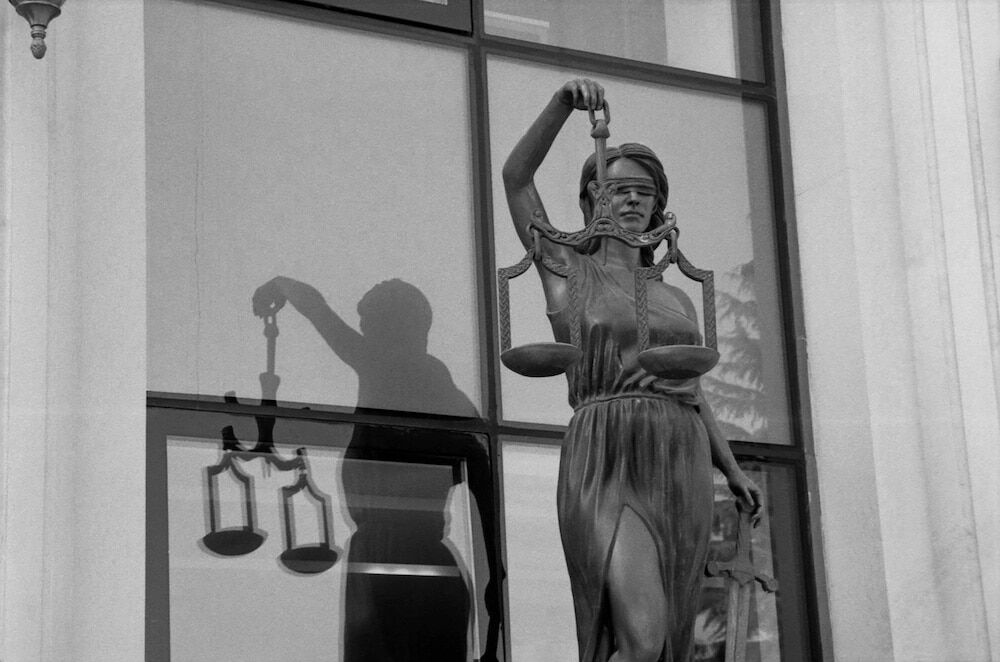
Navigating the CRA Objection Process: What Every Taxpayer Should Know
If you have received a decision, Notice of Assessment, Reassessment, or Determination from the Canada Revenue Agency (“CRA”), filing a Notice of Objection is the first formal step in resolving a dispute. This process is an essential right for taxpayers who feel their situation has been misunderstood or the law was wrongly applied. This article explains when you should file, how to do it, and what to expect during the process.
When Do You File a Notice of Objection?
Filing an objection allows you to formally request a review by a different decision-maker within the CRA, offering a chance for an impartial reconsideration of your life. A Notice of Objection should be filed if:
- You believe the CRA has made an error in assessing your income tax, GST/HST, CPP/EI rulings, excise taxes, or other related issues;
- You received a Notice of Assessment, Reassessment, or Determination that does not reflect your true circumstances; or
- You would like a formal review by a CRA decision-maker not involved in the original assessment.
Timing is everything when it comes to tax disputes!
In most cases, you must file your Notice of Objection within 90 days of the date shown on your Notice of Assessment or Determination. Missing this window does not automatically end your chances, but it makes things more complicated. If you missed the 90-day period, you could seek an extension, but only if you applied within one year after the original deadline. In order to qualify for the extension, you must show that you had a genuine intent to object that the delay was caused beyond your control, that it would be fair to grant the extension, and that you applied as soon as reasonably possible. Please note that extensions are not always guaranteed and must meet the requirements outlined in subsection 166.1(7) of the Income Tax Act.
What You Can and Cannot Object To
The objection process is not available for every type of dispute. Objections may be rejected if they are submitted too early, too late, or involve matters like nil assessments that fall outside the scope of the Income Tax Act. Please consult a tax professional to ensure your dispute qualifies before investing your time.
How to File a Notice of Objection
While the process is not difficult, accuracy and completeness are crucial:
- Online: The fastest way is through CRA’s secure portal (“My Account” for individuals, “My Business Account” for businesses, or “Represent a Client” for authorized representatives).
- By Mail or Fax: Complete Form T400A or write a detailed letter containing your identifying information, clear reasons for your objection, and any relevant documents. Be sure to sign and date your objection.
Regardless of the method, always include:
- Your full name and contact information
- The tax year(s) or matter in dispute
- The (Re)Assessment date(s)
- A detailed summary of the facts and reasons for your objection.
For more information, please see Income Tax Objections: How to Dispute a CRA Assessment.
What Happens After You File?
Shortly after your Notice of Objection is submitted, the CRA will acknowledge receipt of the Objections and issue a case number. Then, an appeals officer (someone not involved in the original decision) takes a fresh look at your case and supporting documents. The officer may ask you for more information or clarification during their review. Please note, that due to CRA’s current backlog, the assignment of an Appeals Officer can take more than 8-10 months.
Following a full review, the CRA will:
- Agree with your position and allow the objection in full;
- Partially agree with your position and partially allow the Objection; or
- Disagree with your position and confirm the disputed assessment.
If you disagree with the CRA’s response, you can escalate the matter by appealing it to the Tax Court of Canada within 90 days of receiving the Reassessment or Confirmation.
The objection process can take several months, sometimes longer for complex cases. During this time, interest continues to accrue on any outstanding taxes.
Conclusion
Filing a Notice of Objection is a powerful legal tool available to all taxpayers in Canada. Whether you’re an individual, business, or charity, it’s important to provide a clear and well-supported objection to increase the chances of a successful outcome.
When in doubt, act promptly! Missing deadlines can seriously limit your options, so file as soon as you believe something is wrong. Keep organized records of everything you submit and receive, as well as the names and ID numbers of any CRA agents you correspond with. Good documentations are invaluable!
If your situation is complex, or if large amounts are at stake, consulting a tax can help ensure your arguments are both clear and effective. Schedule a free consultation with Rosen & Associates Tax Law to discuss your case and explore your options for filing an income tax objection.
***Disclaimer: This article provides information of a general nature only. It does not provide legal advice nor can it or should it be relied upon. All tax situations are specific to their facts and will differ from the situations in this article. If you have specific legal questions, you should consult a lawyer.